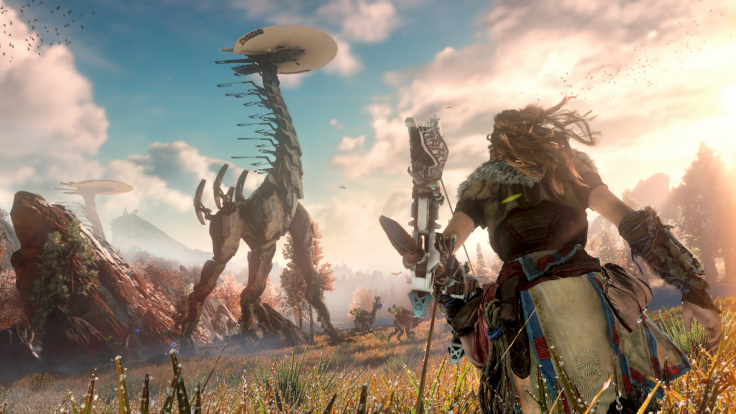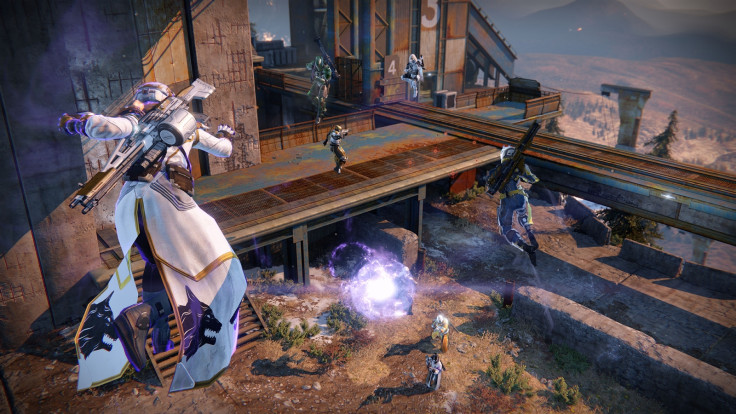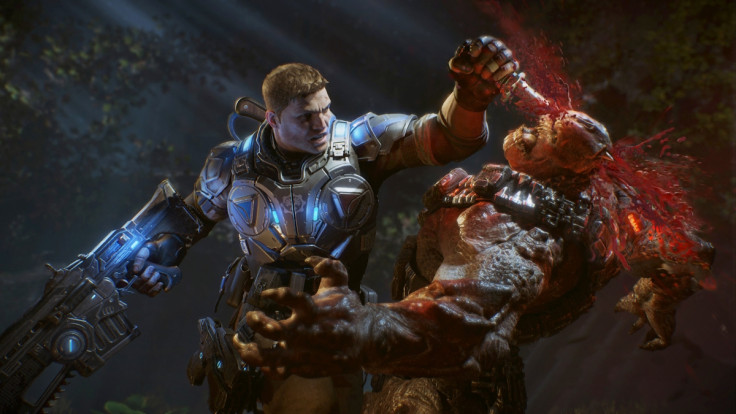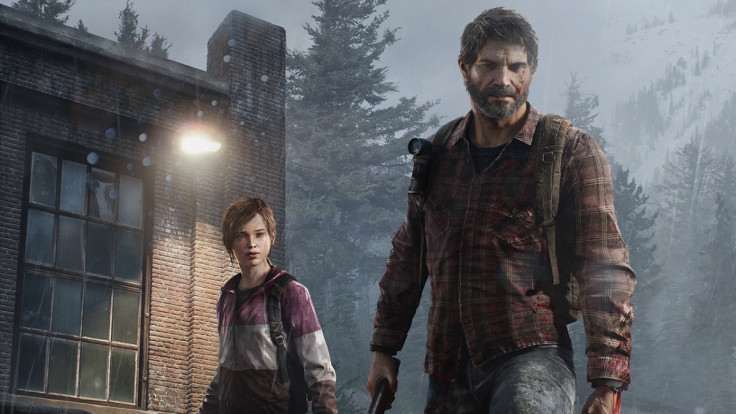New IP needs to dominate this year's E3 2016 gaming extravaganza

For better or worse, sequels are the lifeblood of the games industry and E3 encapsulates this reliance in an often gaudy fashion. Each year Los Angeles bears witness to publishers trotting out the same names year after year against a backdrop of primary colours and dubstep 'bangers', all while video game executives gleefully huddle together in clandestine board room meetings to decide upon increasingly outlandish sales targets for [insert sequel] 4.
This isn't exclusive to video games of course. Almost all forms of entertainment are largely shaped by a staunch commitment to the grinding cogs of 'franchise' production. But video games have a unique knack for kick-starting sequel chatter earlier and with alarming frequency when compared to other entertainment mediums.
E3 2016 cannot afford to give in to this over-reliance, however. We need bold steps, not safe ones, as the AAA space is crying out for something different, something new and something that doesn't end with a number.
It is worth noting that sequels can - in the right hands - become platforms for perfecting conceptual ideas, enable experimentation within the boundaries of an established formula and outmatch their predecessor(s) in terms of quality.
There is a reason sophomore outings such as Assassin's Creed 2, Uncharted 2, Mass Effect 2 and Gears of War 2 are more fondly remembered than their progenitors and why, in spite of the animosity towards its debut, Watch Dogs 2 actually looks like it could deliver on the unfulfilled promise of the series' techno-thriller, hack-em-up conceit.
It does, however, incite a troubling reliance on - and expectation for - numbered follow-ups at the expense of fresh IP.
This leaves us with a modern AAA games market that is rapidly approaching stagnation. Ubisoft made valiant attempts at blooding fresh IP with The Division and the aforementioned Watch Dogs, while Bungie's divisive MMO-lite first-person shooter Destiny has enjoyed staggering levels of success, but these examples are the exception rather than the norm.

The previous generation of consoles introduced a swathe of new IP that has formed the bed-rock of the current one. Franchises have lumbered towards their third, fourth, fifth and in some cases even ninth (make that hiatus as long as possible please Assassin's Creed) instalments on the current spread of home consoles, but we have witnessed an alarmingly small number of contenders demand their own spot in the limelight.
If the majority of the pre-show speculation is all that comes to pass at E3 2016, the major conferences will be filled with the same old faces once again, with very little respite in between. Although it hopefully won't be as barren as last year's event, where Horizon: Zero Dawn - a game where you take down massive mechanical dinosaurs with a bow and arrow set against a beautifully lush post-apocalyptic backdrop – led a minuscule pack of fresh faces.
It is somewhat likely (and completely understandable) that the phrase 'robot dinosaurs' has a lot to do with the excitement around Guerrilla Games' next project, but I can't be the only one who felt a tangible sense of relief when Horizon was unveiled, to a notably warm reception, at last year's event. "Finally, something without a number tacked on to the end of its title."
Perhaps this is an issue of timing. There is an underlying feeling that 'the time is right' for certain series to re-emerge in Los Angeles this time around. Gears of War and God of War sequels seem 'overdue' at this point, with the former sure to be Microsoft's centrepiece and multiple leaks suggesting that Kratos is still angry about something after a three-year break.

Nintendo has mastered this concept for decades. For 30 years, the Legend of Zelda has somehow maintained an aura unlike any other gaming franchise, so much so that Nintendo can afford to dedicate the entirety of its show-floor presence to the long-awaited next instalment. If absence does make the heart grow fonder, it is worth considering that by the time Zelda Wii U/NX releases in 2017 it will have been six years since Skyward Sword – and yet it feels like even longer.
But there needs to be some kind of balance. E3 2016 is an opportunity for a wave of 'next big things' and Ubisoft and EA have already committed to flaunting new IP at this year's event. The reason beloved franchises exist is because they started somewhere and while some grow old and drift into irrelevancy, while others rise, fall and are reborn - evidenced by Doom's blistering return this year.
Not all games need sequels of course. I'd be content to never see The Last of Us 2 or Bloodborne 2, despite counting both among my most cherished gaming experiences, as the pair have an aura of untarnished singularity surrounding them. The reality however, is that the bloated, mega-budget gaming environment we currently live in still relies on the existence of sequels to survive.

Most franchises have a shelf-life though - usually around number four or five – and I would argue that is a good thing. It is a model that has seen trends and entire genres flourish and wither - survival horror, mascot-led platformers, military shooters to name but a few - which provides the industry with an often volatile ebb and flow that keeps things interesting for fans.
With that in mind, I can't help but question where we turn now that the open-world boom has begun to engender a familiar sense of ambivalence and fatigue?
Let's hope E3 2016 has an appropriate answer.
For the latest E3 2016 news head to IBTimes UK's hub page
© Copyright IBTimes 2025. All rights reserved.






















